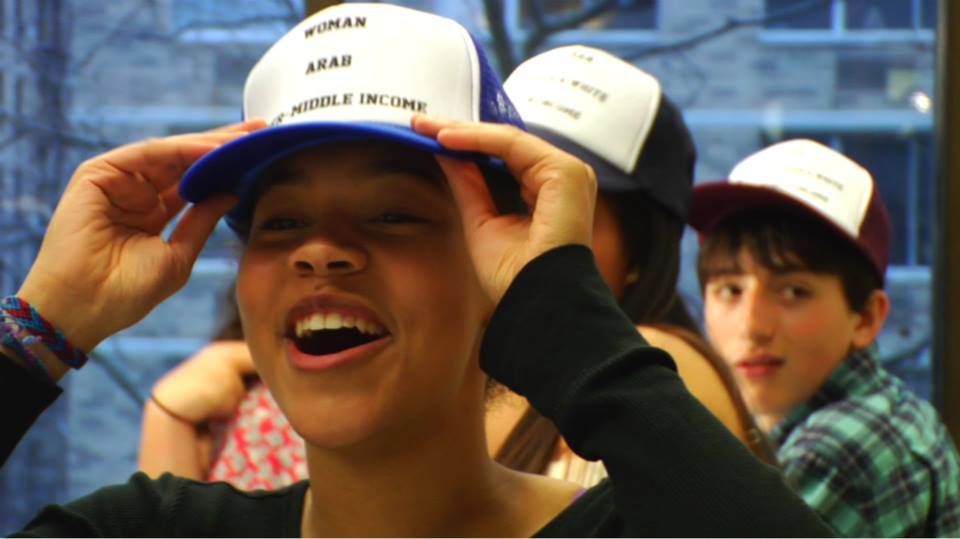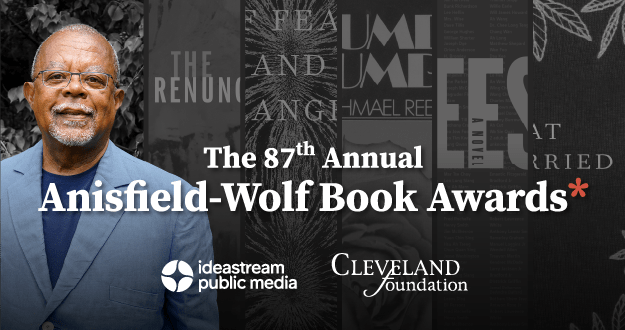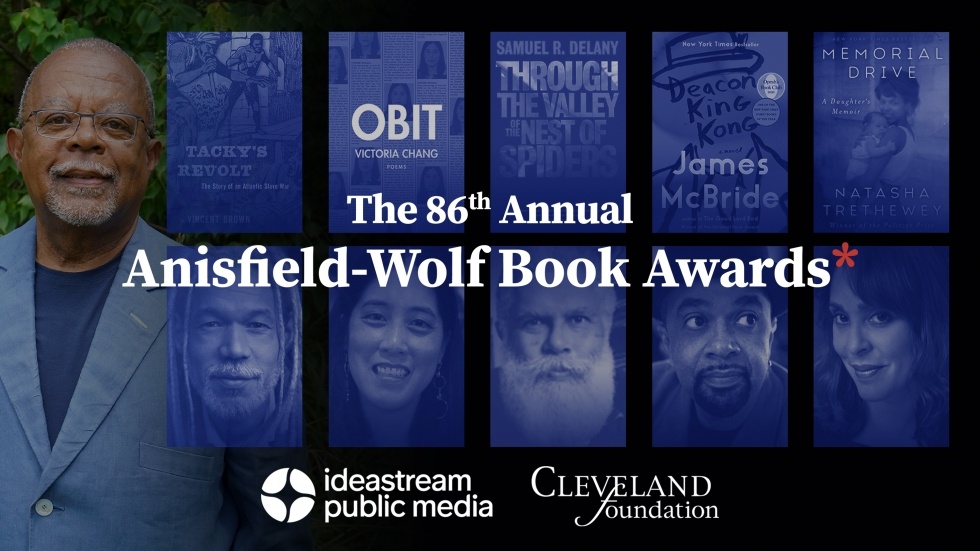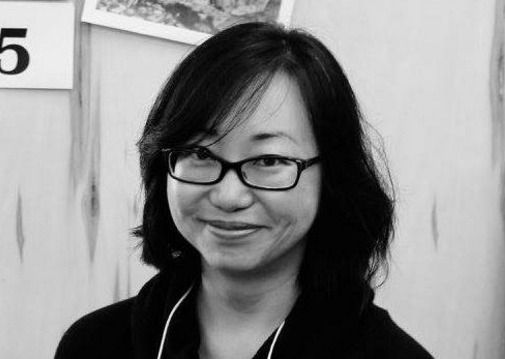In one compelling segment from the 2014 documentary, “I’m Not Racist…Am I?” high school students huddle around a board game modeled loosely after the game “Life.”
This one is called “American Dream.”
To play, each student takes on an identity different from their own. So a young black student is now a middle-class white male; a white peer is now a lower-class Asian woman. As they move the pieces around the board, players hear instructions that begin to heavily favor a certain demographic: “All females lose one turn” follows “LGBT players move back one space,” which follows “All welfare recipients move back five spaces.”
At the end, the young black student — playing the game as a white male — threw up his hands in victory. “I just kept moving forward,” he says, “while everyone else got pushed back.”
This quick lesson in privilege is the cornerstone of the prickly 90-minute film. For one full school year, filmmakers followed 12 New York teens as they dove into an intensive anti-racism curriculum developed by The Calhoun School, a prestigious college preparatory institution in Manhattan. The film is part of a larger initiative called Deconstructing Race. It aims to begin educating its students, teachers and families about structural systemic racism.
The Cleveland chapter of Facing History and Ourselves organized a May screening at John Carroll University. Organizers broke the film into three chunks with ample time for the audience — high school students, teachers and community members — to share their reactions in between.
While 12 students participated, filmmakers focused primarily on five students:
- Kahleek, a black 17-year-old from Brooklyn, who is teased by his family and peers for skateboarding and other markers of “white” behavior
- Martha, a 15-year-old whose white family is the only one in her subsidized Harlem apartment building
- Abby, a 16-year-old biracial girl struggling with identity in Manhattan
- Sacha, a self-described liberal 16-year-old from the Upper West Side, who says it’s just coincidence that his friends are all white
- Anna, an adopted 17-year-old Korean American student who says if not for the mirror, she’d think she was white
Viewers see the students wrestle with identity, stereotypes and prejudice. To launch the program, the participants attended a weekend retreat to root their conversations in shared language. First on the menu: What does racism mean?
The facilitators of the “Undoing Racism” workshop defined racism as race prejudice plus power, which exists in two forms: individual bigotry and institutional control. Racism exists, the facilitator told the students, primarily to uphold white supremacy.
“So are all white people racist?” one student asked. The facilitator didn’t hesitate: “Yes.” The students look dazed, a mixture of confusion and shock as they let the answer land.
In another workshop on the “N-Word,” facilitator Dr. Eddie Moore Jr., an African-American man in a pinstriped shirt and vest, asked the group to close their eyes and imagine that “a nigger has just walked into the room.”
“What did you see when I said that?” he asked. A handful of students’ erupted in response: “Sagging pants…gold teeth…Kunta Kinte.” But one student, Sacha, made the Cleveland audience gasp with his answer: “I saw you.”
Moore latched onto the moment.
“It doesn’t matter how you articulate, it doesn’t matter what degree you get, it doesn’t matter how hard you study, doesn’t matter how many books you read,” he said. “The only thing they see when they see you is that…and then that kid doesn’t make it home from the store.”
During one of the breaks, director Catherine Wigginton Greene conceded that the film doesn’t offer solutions, but rather exists to expand the conversation. “We want white people to watch this film and know that [this discussion on racism] is very much about them,” she said.
And after more workshops, Sacha, at least, appeared to hear the message. On camera, he admitted he saw the wrongness of his response to facilitator Moore’s prompt.




Patricia Keenan
May 26, 2016
Wow! I’m really impressed by the trailer and would like to watch the film.
Anna
June 2, 2016
Me, too! I sent it to my son who will be teaching next year– really powerful stuff.